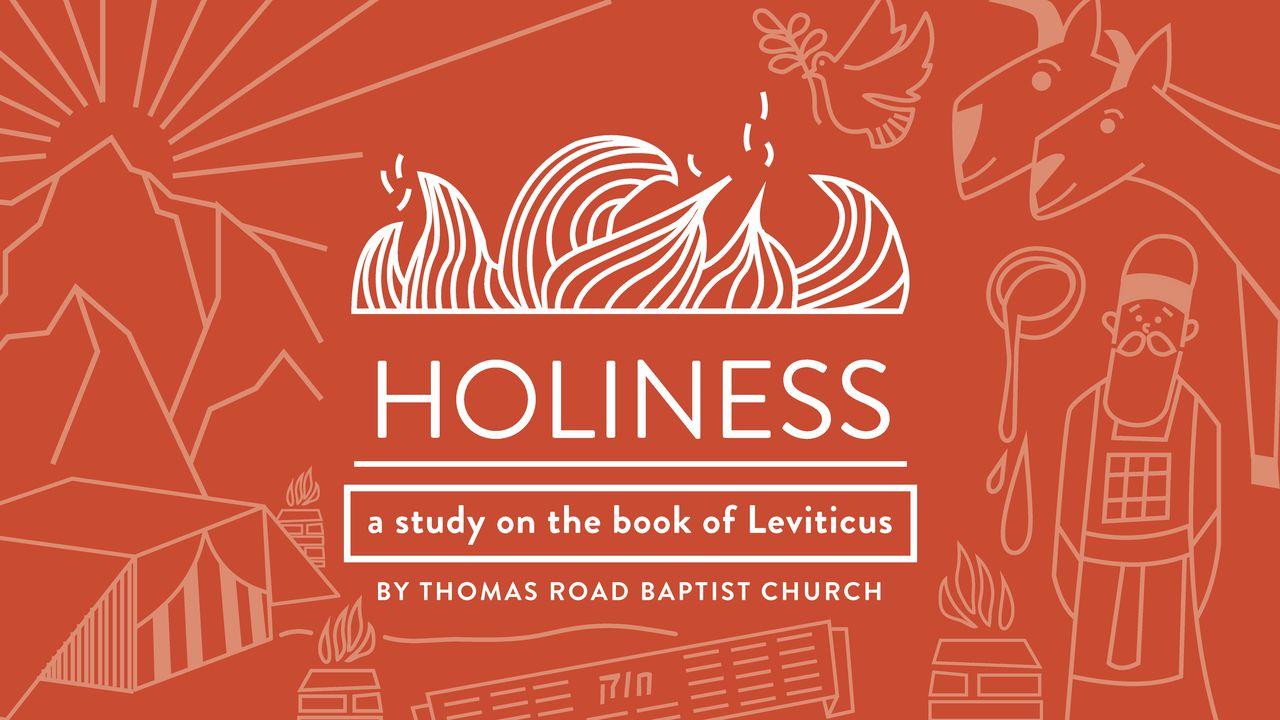Holiness: A Study In LeviticusEgzanp

What does it say?
The priests were to tend the golden lamps continually and make offerings of twelve loaves to the Lord every Sabbath.
What does it mean?
Both the lamps and the bread served as reminders that God’s presence was always with His people. They were to have unbroken fellowship with Him. The preparation of the oil made it of higher quality than household oil. The priest refilled the lamps daily so that they burned continually. The recipe for the bread was symbolic of God’s coming Messiah. It was made from fine flour and without yeast, which represented impurity. The cakes, one for each tribe, were always before the Lord, just as His eyes were always watching over His people.
How should I respond?
Light and bread represent two basic human needs. Without light we have no direction, and without food our bodies and minds become weak. The same needs exist spiritually. Hidden pitfalls and obstacles can devastate your life. Only by “walking in the light” will your way be illuminated so you can avoid the dangers (1 John 1:5-7). Do you ever wonder, “Why am I here? What is my purpose in life?” People turn in all directions to satisfy their spiritual hunger but are often left unfulfilled. Are you spiritually stumbling in the dark? Where have you looked for satisfaction? The only lasting answer is Jesus, the Light of the World (John 8:12) and the Bread of Life (John 6:35).
Ekriti
Konsènan Plan sa a

Although often overlooked and ignored, the book of Leviticus is filled with God's gracious and merciful provisions for his people. Through sacrifice and ritual, God enabled his sinful people to dwell in his holy presence.
More
Plan ki liye yo

Karèm/Pak : Jezi soufri, mouri, epi genyen viktwa

Karèm/Pak : Dènye jou Jezi yo

Bondye pa ChatGPT

Gerizon Jezi : Eksplore pouvwa & konpasyon

Istwa Nwèl : 5 jou sou nesans Jezi

Ansèyman Jezi : Desizyon saj & benediksyon ki dire

Karèm/Pak : Jezi fè fas ak lanmò avèk kouraj

Grandi Nan Sanktifikasyon

Mirak Jezi : Revele idantite divin Li
